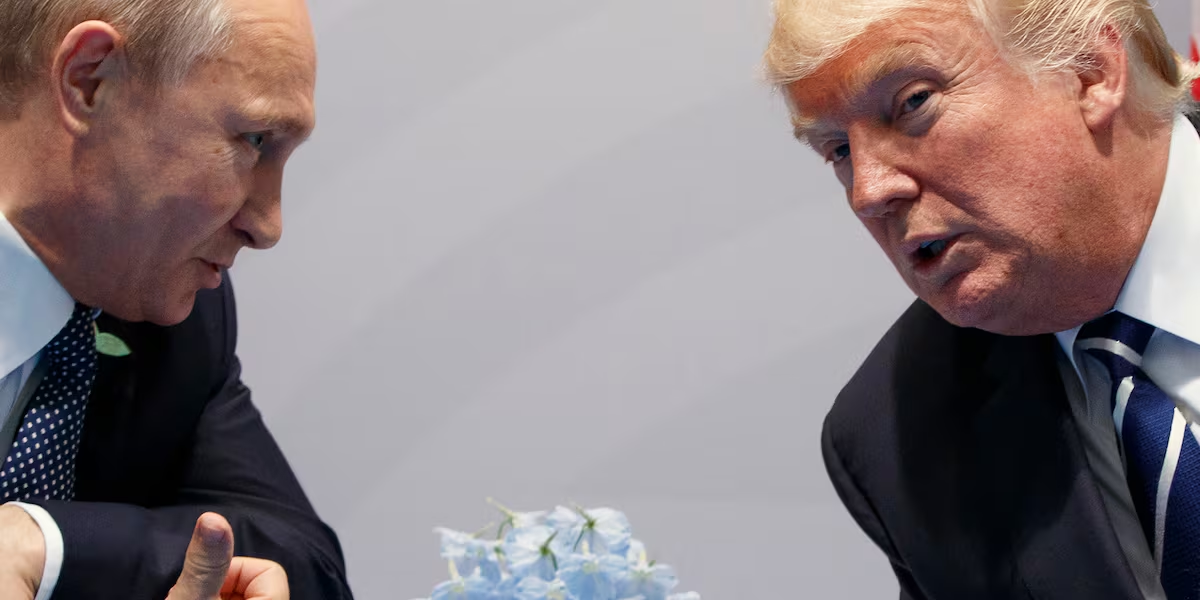As the year winds down, Congress is preparing for one of its most critical and fast-paced legislative periods—the final “lame-duck” session of 2024. The lame-duck session refers to the period between the election and the swearing-in of the newly elected members of Congress, typically after midterm elections or general elections. With this session being the last chance for lawmakers to pass significant legislation before the end of the year, it is often a time of intense negotiations, last-minute deals, and high-stakes policymaking.
For the 2024 lame-duck session, much is at stake. The outcome of the presidential election, along with shifting political dynamics, will undoubtedly shape the priorities and actions of Congress. In this article, we will explore the key issues that will define this final stretch of the year, from spending bills to potential major policy reforms, and examine how the political landscape will influence decision-making in this critical session.
What Is a “Lame-Duck” Session?
A “lame-duck” session is the time when Congress reconvenes after a national election but before the newly elected members take office. In this case, the session occurs after the 2024 presidential election. During this period, lawmakers who have lost their re-election bids or decided not to run for re-election are still in office, though they hold less political power since their term is near its end. The new members of Congress, elected in the November elections, will not take their seats until the new session begins in January.
While the lame-duck session typically sees fewer major pieces of legislation introduced, it is often a time for lawmakers to push through unfinished business, deal with pressing issues, and pass critical legislation before the new Congress begins its work.
Key Issues Congress Must Address in the Lame-Duck Session
As the final months of 2024 unfold, several issues will dominate the lame-duck session. These include fiscal decisions, potential bipartisan compromises, and policy initiatives that Congress must address before the new Congress takes office. Let’s break down the most pressing matters at hand:
1. Government Funding and Appropriations Bills
One of the most urgent matters Congress faces in the lame-duck session is the need to fund the federal government. With the end of the fiscal year on September 30, 2024, Congress must pass new funding bills to avoid a government shutdown. These appropriations bills are critical because they determine how much money each government agency and program will receive in the coming year.
During the 2024 lame-duck session, Congress will likely push to finalize a series of must-pass spending bills, including a continuing resolution (CR) to keep the government running temporarily. These bills are essential to prevent disruptions in government services, federal workers’ pay, and military operations. However, crafting these bills is often contentious, especially when there are disagreements over defense spending, domestic programs, and funding for specific initiatives.
Lawmakers may attempt to reach a bipartisan compromise on these issues, but given the election results and shifting power dynamics in Congress, the negotiations could be contentious and fraught with political maneuvering.
2. Defense Authorization and National Security
In addition to funding bills, Congress will also focus on national security matters. The National Defense Authorization Act (NDAA) is one of the most important pieces of legislation Congress passes each year. It sets the defense budget and authorizes spending for military operations, weapons systems, and other defense priorities.
Given the ongoing geopolitical tensions around the world, particularly with Russia’s invasion of Ukraine and rising concerns about China’s military expansion, defense spending is likely to be a major area of debate. Lawmakers from both parties generally agree on the need to maintain robust defense capabilities, but disagreements may arise over specific defense programs, military priorities, and funding levels.
While the NDAA usually enjoys broad bipartisan support, it may become a battleground for competing policy priorities during the lame-duck session. Key amendments, such as those related to military spending, climate change adaptation, or cybersecurity, could spark disagreements and delay passage.
3. Tax Policy and Expiring Provisions
Another major issue Congress will likely address is tax policy. As we near the end of 2024, several significant tax provisions are set to expire, creating pressure on lawmakers to act. These include temporary tax cuts and credits, as well as adjustments to corporate tax rates, that were put in place by previous administrations.
With both political parties seeking to use the tax code to advance their policy goals, the lame-duck session could see intense negotiations over whether to extend or modify these tax breaks. For example, Congress may consider extending the 2017 tax reform cuts or introducing new tax incentives to address issues like climate change, healthcare, or corporate taxes. Some lawmakers may push for tax increases on high earners or corporations to address concerns about income inequality or deficit reduction.
While tax reform is a challenging and often contentious issue, it is one that Congress cannot ignore as the end of the year approaches. Given the tight legislative calendar, Congress may opt for a temporary solution to address the tax provisions expiring at the end of 2024, setting the stage for further debates in the new year.
4. Health Care and Prescription Drug Reform
Health care remains a top priority for many lawmakers and Americans alike. During the lame-duck session, Congress may look to address a number of health care-related issues, including prescription drug pricing, Medicare funding, and the Affordable Care Act (ACA).
Prescription drug costs have been a major concern, with both parties seeking ways to reduce prices for consumers. Democrats have pushed for measures that would allow Medicare to negotiate drug prices, while Republicans have generally favored market-based solutions. Any action on health care reform during the lame-duck session could have lasting implications for millions of Americans, particularly seniors and low-income families.
Additionally, Congress may need to address funding for programs like Medicaid, which are set to face significant challenges in the coming years due to growing demand and aging populations. As health care continues to be a top issue for voters, the lame-duck session provides an opportunity to make headway on addressing these concerns before the new Congress takes office.
5. Climate Change and Environmental Policy
Given the urgency of the climate crisis, environmental issues will continue to be a key focus for many members of Congress during the lame-duck session. Proposals to address climate change, reduce greenhouse gas emissions, and promote clean energy will be hotly debated.
Lawmakers may consider measures to extend or expand tax credits for renewable energy projects, improve energy efficiency standards, and invest in carbon capture technologies. However, disagreements over how to balance economic growth with environmental protection could complicate efforts to pass significant climate legislation in the remaining months of 2024.
Political Dynamics in the Lame-Duck Session
The outcome of the 2024 election, particularly the presidential and Senate races, will have a profound impact on how the lame-duck session unfolds. If the current party control remains intact, the session may be characterized by partisan wrangling over key issues. However, if there is a change in party control, there may be opportunities for compromise and bipartisan cooperation.
The presence of outgoing lawmakers can also influence the process, as some members may push to advance their legacy by passing last-minute priorities. Additionally, incoming members of Congress may use the lame-duck session to position themselves on key issues ahead of the new year.
Conclusion: A Crucial Final Sprint for Congress
As Congress returns for its final sprint in the 2024 lame-duck session, the stakes are high. With key fiscal issues, national security concerns, tax reforms, and health care policies on the table, lawmakers face intense pressure to finalize deals before the new Congress takes over in January. While the outcome of the elections will certainly shape the priorities and dynamics of this session, the lame-duck period remains a critical window for shaping the country’s legislative agenda for the coming years. Whether it will be marked by bipartisan cooperation or partisan gridlock remains to be seen, but the next few weeks will undoubtedly have a lasting impact on U.S. policy and governance.



